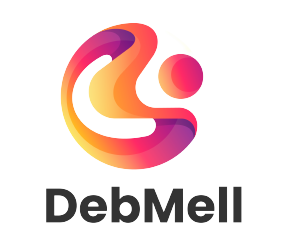
Whether you’re looking to make more consistent revenue or want to serve your audience in bigger ways, digital courses are an excellent way to do both. But they can also be a big confidence booster, giving you that feeling of “I can do anything!” I know this firsthand because that’s exactly what happened to Dinara when she launched her very first online course in December 2018. In her very first launch, she made over $62,000 with a course on how to make caramel apples!
But what are digital courses exactly, and how do you create one? In short, digital courses are online courses that can be taken from any device with internet access. They can take on many forms, from basic slideshows of information and insight to fully immersive, multimedia experiences with sights, sounds, and full interactivity. Unlike traditional classroom-based courses, digital courses are typically delivered on your computer, tablet or phone. They can be self-paced, meaning you can learn at your own pace without having to worry about time constraints or other distractions.
A digital course can teach you everything from basic skills to advanced techniques. There are lots of free options out there, and some paid ones as well. Some are targeted for a particular type of audience, such as students or business owners. Others are geared towards specific industries, such as photography or marketing.
Then there are more in-depth courses, like Google’s Digital Marketing Specialization. This is a 26-module program that covers all aspects of digital marketing, from creating content to finding success with basic analytics. At the end, you will earn a certification that can be added to your resume or LinkedIn profile.
Another popular option is Coursera’s Digital Marketing Specialization, which is a collection of several courses that can be completed for free. While it doesn’t preclude beginners, it is likely more suited for existing business professionals with at least two years of experience and an undergraduate degree. At the end, you will be able to complete a hands-on project that applies your new skills to real-world challenges.
